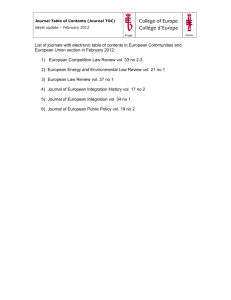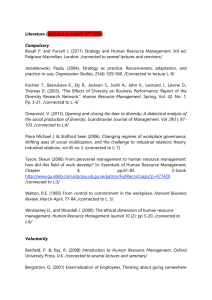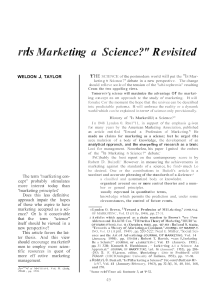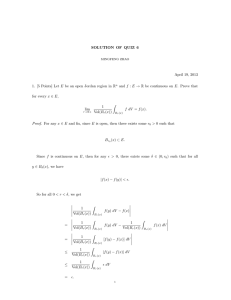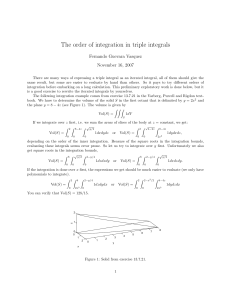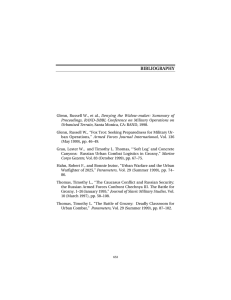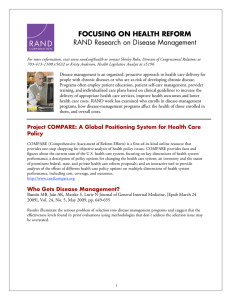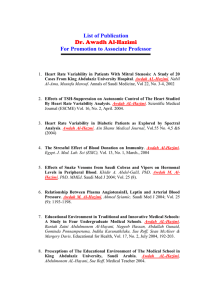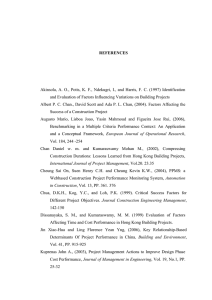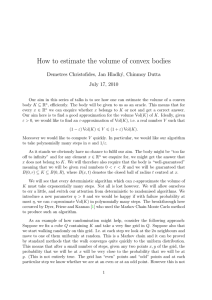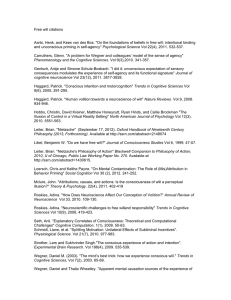10 - Cleveland State University
advertisement
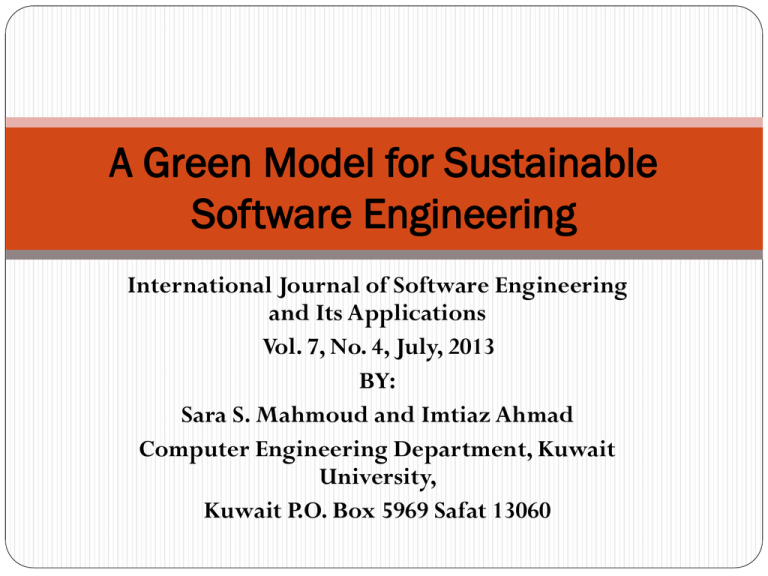
A Green Model for Sustainable Software Engineering International Journal of Software Engineering and Its Applications Vol. 7, No. 4, July, 2013 BY: Sara S. Mahmoud and Imtiaz Ahmad Computer Engineering Department, Kuwait University, Kuwait P.O. Box 5969 Safat 13060 INTRODUCTION Effects due to hardware Effects due to software GreenSoft Model Level 1 of Green Model Green Software Life Cycle Level 2 of Green Model Conclusion Effects due to Software Responsible for CO2 emission. Indirect effect on the environment by operating and managing the underlying hardware running it. Software based solutions can monitor and utilize resources efficiently Lack of models and work in the area of computer software GREENSOFT model The model supports all stakeholders from developers to users to create, maintain, and use software in a green fashion. The model comprises many aspects of a software product and organizes them into four parts. The parts include the life cycle of the product being produced, metrics that should be added as an evaluation criteria, procedure models, and recommended tools for developers, purchasers till users. The model addresses the complex sustainability concept and forces it to be integrated into the complex software engineering process in a smooth way. In each life cycle stage, it states the effects of ICT on the product and the environment. This is one of the hardest tasks and is one of the main challenges today in Green Computing Level 1 of Geen Model Green Requirements Engineering Green Designing Engineering Green Testing Engineering Process Level 2 of Green Model Green Analysis Process Green Model Conclusion Its engineering building process from requirements to disposal should be carried out in an energy efficient manner A new green software engineering process should be created to fulfil the constraints of energy efficiency. This will reduce the negative effects of ICT on sustainable development and the environment ANY QUESTIONS??????? ??? References S. Naumann, M. Dick, E. Kern and T. Johann, “The GREENSOFT Model: A reference model for green and sustainable software and its engineering”, Sustainable Computing: Informatics and Systems, vol. 1, no. 4, (2011), pp. 294304 A. Govindasamy and S. Joseph, “Optimization of Operating Systems towards Green Computing”, International Journal of Combinatorial Optimization Problems and Informatics, vol. 2, no. 3, (2011), pp. 39-51. S. Wang, H. Chen and W. Shi, “SPAN: A software power analyzer for multicore computer systems”, Sustainable Computing: Informatics and Systems, vol. 1, no. 1, (2011), pp. 23-34 P. K. Gupta and G. Singh, “A Framework of Creating Intelligent Power Profiles in Operating Systems to Minimize Power Consumption and Greenhouse Effect Caused by Computer Systems”, Journal of Green Engineering, vol. 1, no. 02, (2011), pp. 145-163.



